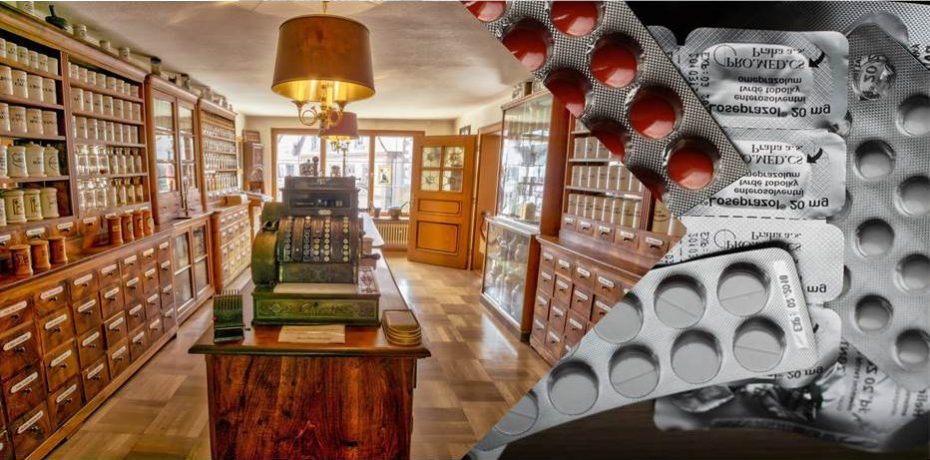 The CCH seminar series is part of the Centre’s commitment to building internal and external partnerships with both academic and non-academic communities in order to create and evaluate culturally-sensitive health policies at local, national and international levels.
The CCH seminar series is part of the Centre’s commitment to building internal and external partnerships with both academic and non-academic communities in order to create and evaluate culturally-sensitive health policies at local, national and international levels.
These events will provide the opportunity for a wide range of stakeholders, including policymakers, public health professionals, academics and members of the public, to cultivate meaningful discussions on the ways in which culture influences health and well-being, and in turn, how these could facilitate more effective health policies. They will address broad themes across the humanities and social sciences, from speakers and perspectives across the European Region and will be presented in a variety of styles and formats.
It is hoped that the seminar series will provide the platform for continued discourse and knowledge exchange between research and practice, as well as with members of the public, informing and shaping the Centre’s future agenda and activities.
Future Events – Dates for your diary
Past Seminars
Making old drugs new again: On the Uses of History in Health Policy and Practice
Professor Greene’s talk addressed the problem of translating historical analysis to contemporary health policy and practice, using pharmaceuticals as an example. Although stakeholders in the fields of health-care tend to look towards the future, rather than the past, to validate their actions, forms of historical thinking permeate this realm all the same.
Telling It Like is It: Diagnostic Narratives and Power
In this presentation, and via numerous media, Professor Jutel will reveal the stories triggered by diagnosis, and consider the way they shape our social, and individual, thinking about a moment diagnosis and its transformative potential. She will expose the narrative nature of diagnosis and reveal how its discursive construction as “truth” instils it with various forms of power: transformative, authoritative and clinical.
Pandemics, Policy and Global Health Metrics
For our third seminar we were delighted to introduce Professor Mark Harrison and Dr Claudia Stein.
Professor Harrison’s talk examined how a particular view of pandemic disease has come to dominate the world of global health. He discussed the ways in which this concept has been conditioned by political and economic considerations and its limitations in preventing and managing international health emergencies.
Dr Stein’s talk looked at ‘Measuring health and well-being: not merely the absence of disease and infirmity.
Arts and Music in Healthcare
For our fourth seminar in our seminar series at the WHO Collaborative Centre on Culture and Health, we were delighted to have Dr Daisy Fancourt, University College London; Professor Alastair MacDonald, The Glasgow School Art; Ms Ruth Cohen, Project Manager at Daisi.
Biomedical Humanities – Place and Purpose
In this, our fifth CCH seminar in our series at the WHO Collaborative Centre on Culture and Health, ‘Biomedical Humanities, Place and Purpose’ we heard from Professor Sarah Atkinson, Professor of Geography and Medical Humanities, Durham University; Professor Giovanni Boniolo, University of Ferrara; and Professor Havi Carel, Professor of Philosophy, University of Bristol.
Incorporating the Subjective into Well-being Measurements
In this, our sixth CCH seminar in our series at the WHO Collaborative Centre on Culture and Health, ‘Incorporating the Subjective into Wellbeing Measurements’ we heard from Mr Adolfo Morrone, who is an experienced Senior Manager in cultural statistics and was senior researcher at the The Italian National Institute of Statistics (ISTAT), working on a project of measuring and monitoring the well-being of the Italian Society. He also managed the design and the publishing of the first Report on “Equitable and Sustainable Well-being”, which is the first results of this inter-institutional initiative of great scientific importance, which places Italy in the forefront of the international panorama for the development of well-being indicators going beyond GDP. Will will also hear from Dr Mauro Fornasiero, University of Exeter.






